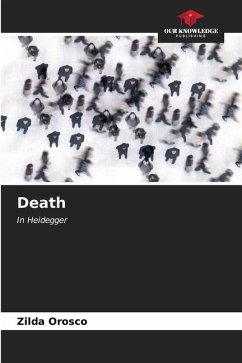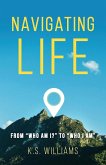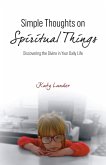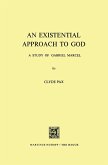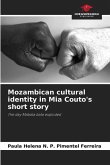Today we realise that death is still a taboo subject. Both religions and philosophical systems have ideas about death, even truths about death, but the question arises: What about Heidegger's existential philosophy, how would death be conceived? This work was born precisely because so many people realise that they experience death in their daily lives more than life. The concept that enshrined the philosopher Heidegger, that is, the "Dasein", the being there in a situation in which the human being, must make a choice between life, or denying existence, within the possibilities that are possible every day. From this work, he opens up a new vision of understanding death not only as an end, but as an existence without a horizon, by denying life, or seeking to affirm it within the existential possibilities in which there is an opening at every moment of daily existence.
Bitte wählen Sie Ihr Anliegen aus.
Rechnungen
Retourenschein anfordern
Bestellstatus
Storno

